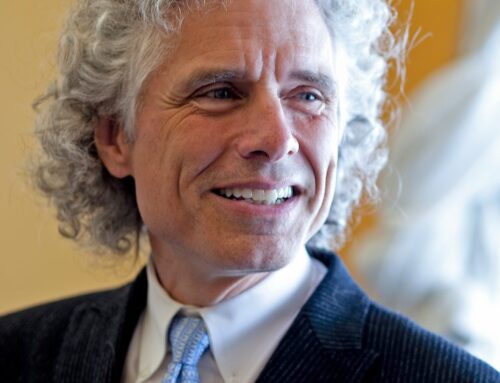The Shadow of the State … and the Ability to Escape it
This post is a little overdue as it was sparked by a special report in The Economist two weeks ago, “Taming Leviathan”. The report explores the challenges facing governments worldwide as they face the need to address unsustainable levels of expenditure.
The report, along with a separate article on the BBC website,serves to highlight the growing tension between bloated, tax-hungry nation-states and their increasingly lithe and agile citizens.
The Economist’s leader that week summarised the issue which has been a growing refrain over the last year. However, this chart (Source: The
Economist) was a real eye-opener:
Government spending across the rich world has grown staggeringly over the last 100 years, from just over 10% in 1913 to very nearly 50% in 2009. Without a doubt, good things have been done but …
The penultimate sentence of the article compounds the issue:
“But talent and capital are getting more mobile…”
At the same time, the BBC has a piece about Qatar’s ambitious plans to develop a “global knowledge hub”; Education City. Tracking back from there, an earlier article on the BBC illustrates the dramatic growth in international student numbers over the last four decades:

Different political persuasions can argue about the role of the state and how much of GDP it should consume. However, no-one should doubt that capital, people and talent are ever more mobile. The best (i.e. the most lucrative “customers” for government) will be the most motivated to seek out lower taxes. Nations which remain high-tax will find themselves with a disproportionately expensive populace to maintain.









